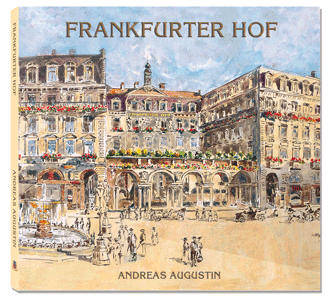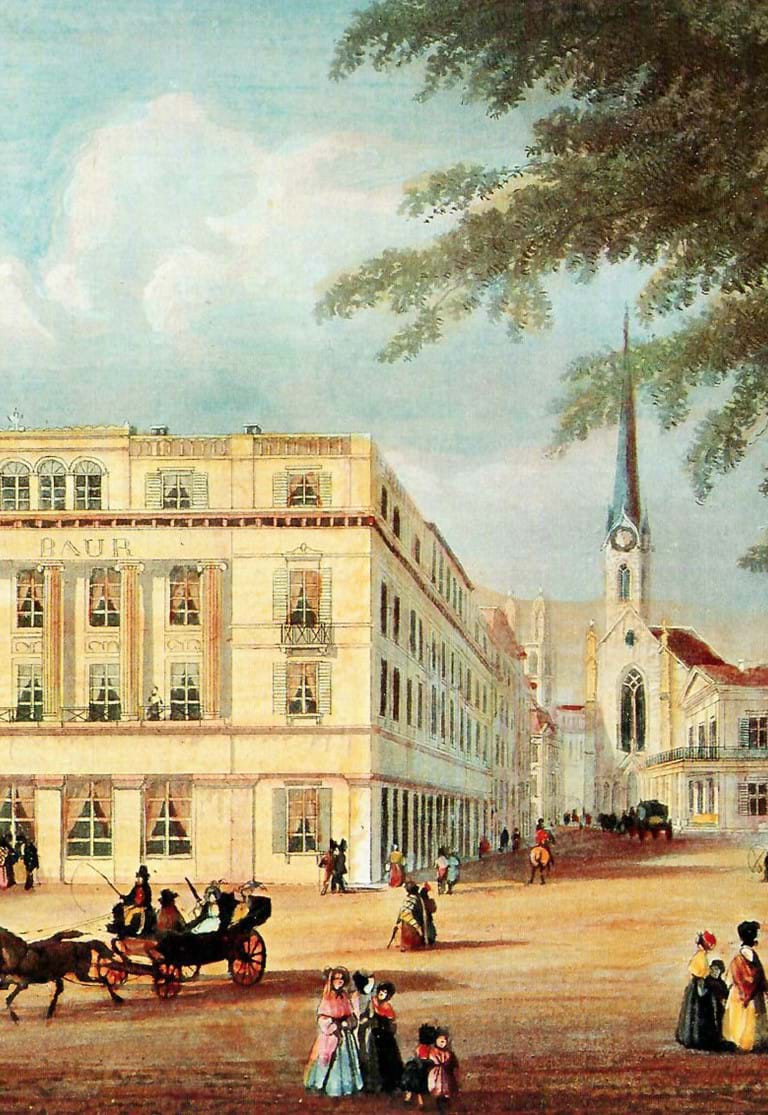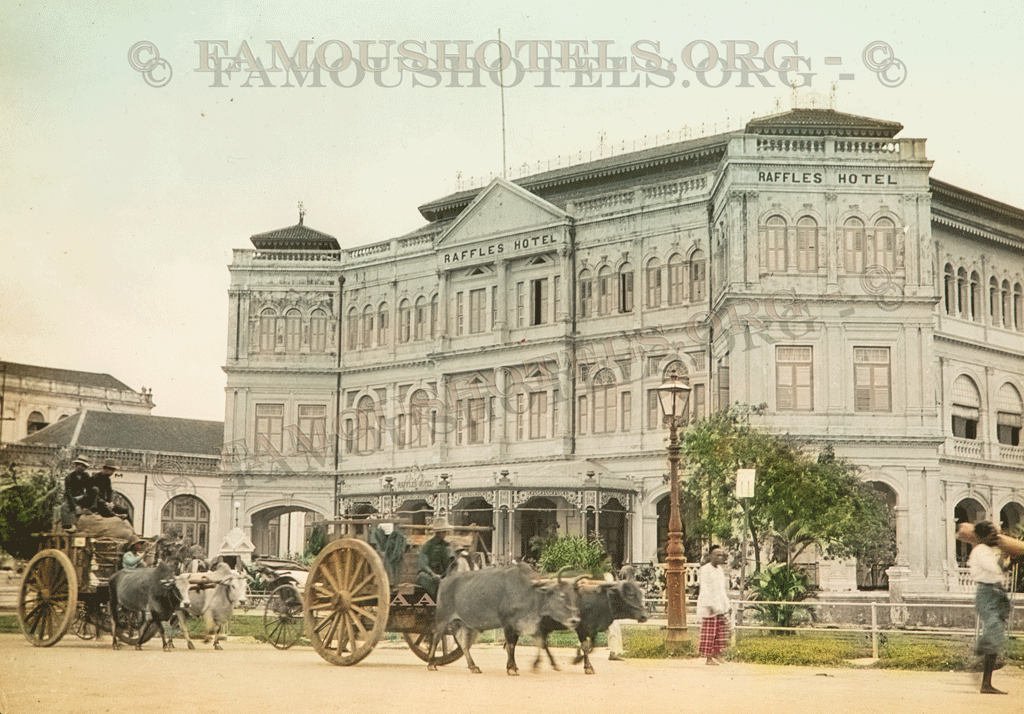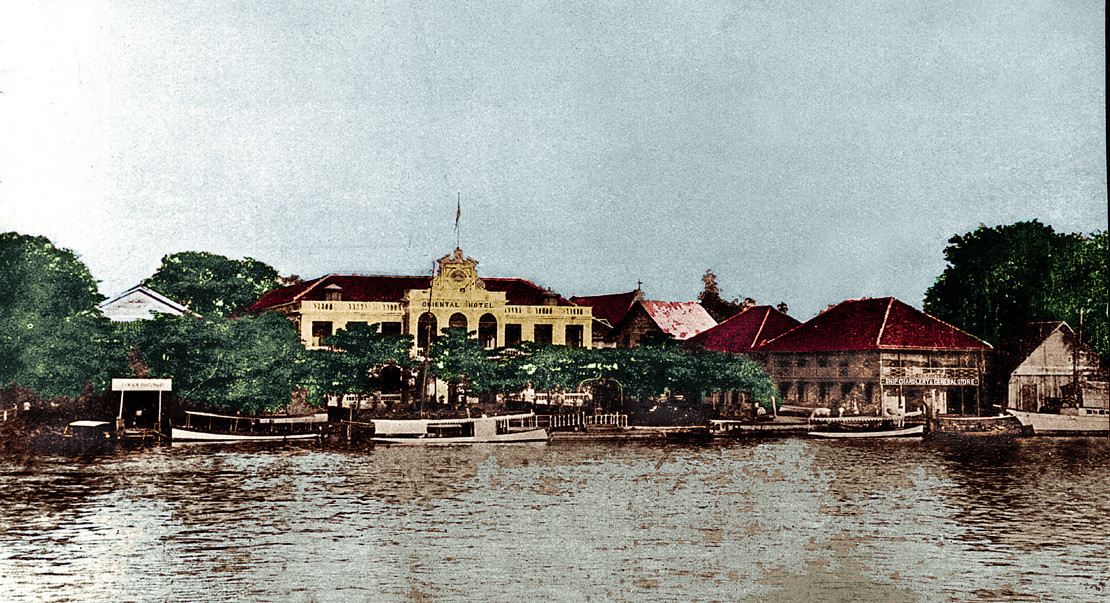Fired - Unfit for Hitler
( words)
VIENNA: HOTEL IMPERIAL; 1938:
Stefan Plank started working at The Imperial in Vienna on 7 June 1915, at the age of 36. Emperor Francis Joseph ruled the Austro-Hungarian Empire and World War I was raging on all fronts. Just two years later, Stefan Plank was made general manager of the company and put in charge of both flagship hotels, The Imperial and The Bristol.Plank was an unusual general manager in exceptional times. Just over two decades later, when Hitler’s Nazi Germany annexed Austria with the so-called ‘Anschluss’, Plank outed himself as non-confirmist, an opponent to the new ‘Führer’. A courageous step to take considering Austria’s fate was in danger.Plank never made a secret of his negative attitude towards the Third Reich, Nazi-Germany and the Austrian chapter of the National Socialist German Workers Party (NSDAP).
The movement was illegal in Austria before the Anschluss. Plank threatened to dismiss members of the NSDAP, the German National Socialist Workers Party.The Anschluss took place in 1938. After German troops poured across the German-Austrian border in March of that year, the illegal movement surfaced officially and started to enact bloody and sometimes deadly revenge against all pro-independent Austrians.Plank had to exercise the usual flexibility and pragmatism of the hospitality industry. As general manager of the Imperial Hotel, the Republic’s number one guesthouse, he had to prepare for the visit of the Führer, who had chosen to stay there. When the time came, Hitler’s sojourn at the hotel ran like clockwork.
However, Plank’s troubles were just beginning. On 15 March, only hours after the departure of Hitler, he received threats from a group of employees who had seen their hour coming. Plank, who was well known for his stern and disciplined management, should leave. The propaganda worked against him. He was denounced as an anti-Nazi. Plank was accused of being a ‘Friend of Jews’ and ‘against the movement’; all in all unfit to run the Hotel Imperial, the new headquarters of the Führer when in Vienna. Plank was sent to prison, although a lack of evidence led to his release one week later.
Also imprisoned was Samuel Schallinger, a major shareholder of the Imperial and Bristol company. Schallinger lost his fortune, which he had to unconditionally hand over to the ‘German people’. Schallinger and his family were deported and all died in the Therensianstadt concentration camp (Samuel Schallinger on 11. January 1943).
Stefan Plank, however, was lucky. He escaped the Nazi machinery and, in 1939, even had the guts to file a lawsuit against his former employer for 20,493.33 Reichsmarks. He was paid a compensation of 10,000.00 Reichsmarks during the war years, but was not given the chance to work at his beloved Hotel Imperial during that time.
In April 1945 heavy street fights transformed Vienna into a theatre of war. Major parts of the city were destroyed during heavy bombardments in the last days of the war. At the bitter end of the conflict, 52 Allied air raids rained some 80,000 tonnes of bombs on Vienna day-in-day-out. 30,000 Viennese were killed and thousands more were injured or homeless. Bodies littered the streets. 12,000 buildings were destroyed; more than 20 percent Vienna’s housing stock was partly or completely destroyed, leaving almost 87,000 homes uninhabitable. More than 3,000 bomb craters were counted. Bridges were decimated, and electric lines, sewers, gas and water pipes were all severely damaged. Allied military spokesmen still refer to the bombing of Vienna as ‘unintentional’, claiming the pilots simply ‘missed their targets outside the city.’
On entering Vienna, leading Soviet officers were quartered at the Grand Hotel, the Bristol and the Hotel Sacher, but it was Hotel Imperial that became the Soviet headquarters in the city. Under Marshall Iwan Stepanowitsch Konew the allied commanders of the occupying forces in all Austria meet for the first time at the Imperial Hotel. As commander of the Soviet troops Konew is argely responsible that the Imperial survives he decade of occupation unharmed.
On Monday 14 May Austria announced the re-establishment of the Austrian Republic. The Anschluss with Germany was declared null and void. The other allied forces (American, British and French) had reached the city, which was carved up into five occupation zones: the American, British, French and Soviet sectors, plus an international sector in the centre of the city with each nation took a turn at commanding for one month.
The splendour of old Vienna was replaced by ash, rubble and the smell of death. Hundreds of years of glorious history had been utterly smashed.At this point, the city’s major hotels were shared between the occupying powers. The British took over the Hotel Sacher and the Americans made the Hotel Bristol their headquarters, while the Russians kept The Imperial and The Grand. Stefan Plank was immediately reinstalled as general manager of The Imperial.Plank’s new ‘guests’ had a reputation for looting. So the first action he took was to arrange for 120 carpets to gradually leave the hotel rooms. They were being ‘sent to the laundry’, Plank explained to the Russian officer in charge. But the carpets never returned. Until the departure of the Russian forces they were kept in the safe deposit of a bank nearby. In defence of the Russian occupants’ reputations, however, we must note that in various suites they even covered the elegant parquet floors with wooden boards to protect them.
Plank remained general manager until 1955, the year the allied forces left Vienna.





